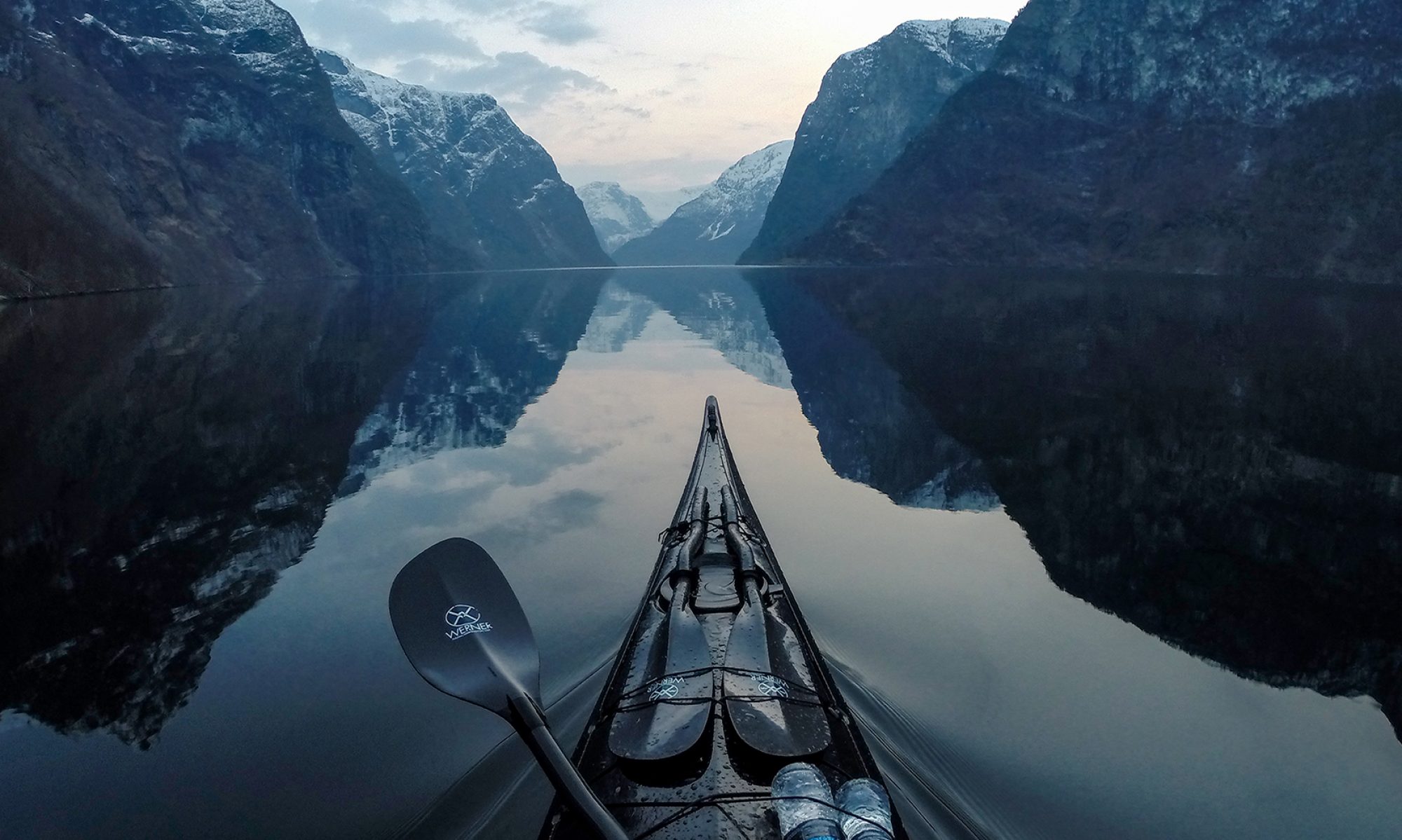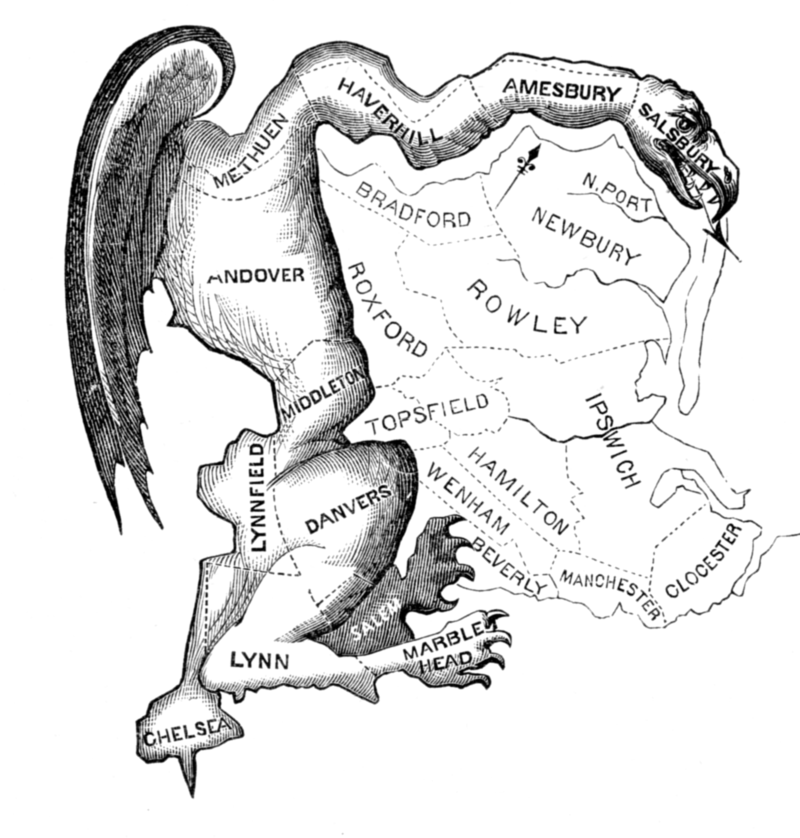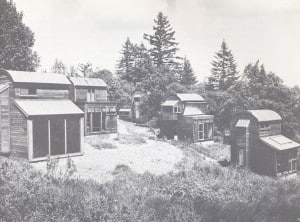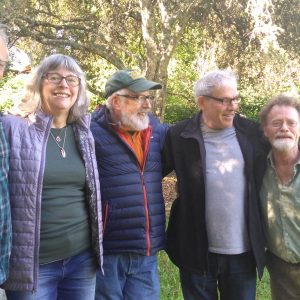
For the first time in all the years it has operated, the Bulletin of the Atomic Scientists in charge of the Doomsday Clock has added an additional threat alongside nuclear weapons and climate change in their 2019 Doomsday Clock Statement, and that is the intentional corruption of the information ecosystem. Specifically they stated:
“Amid these unfortunate nuclear and climate developments, there was a rise during the last year in the intentional corruption of the information ecosystem on which modern civilization depends. In many forums, including particularly social media, nationalist leaders and their surrogates lied shamelessly, insisting that their lies were truth, and the truth “fake news.” These intentional attempts to distort reality exaggerate social divisions, undermine trust in science, and diminish confidence in elections and democratic institutions. Because these distortions attack the rational discourse required for solving the complex problems facing humanity, cyber-enabled information warfare aggravates other major global dangers—including those posed by nuclear weapons and climate change—as it undermines civilization generally.”
…and
“…threats must be acknowledged before they can be effectively confronted. The current situation—in which intersecting nuclear, climate, and information warfare threats all go insufficiently recognized and addressed, when they are not simply ignored or denied—is unsustainable. The longer world leaders and citizens carelessly inhabit this new and abnormal reality, the more likely the world is to experience catastrophe of historic proportions.”
The internet is arguably the largest battlefield for information warfare to be fought. We’re all subject to a barrage of information munitions in the form of psychological operations. Psyops is defined as “Psychological operations are planned operations to convey selected information and indicators to audiences to influence their emotions, motives, and objective reasoning, and ultimately the behavior of governments, organizations, groups, and individuals.” Even government is not exempt from using psyops against its own citizens.
So what can be done? We must apply critical thinking as never before. More importantly we must recreate information ecosystems that are real, not virtual, in which to place trust. Yes this will require a major restructuring of civilization as we know it. Human’s cleverness are our undoing and much of the rest of life sadly. Sometimes putting the vehicle in reverse to back out of a bad situation is the best solution.


 In another death blow to our democracy, the United States Supreme Court ruled last Thursday that extreme gerrymandered congressional maps will no longer be reviewed nor struck down by the federal federal courts. This means that the extreme gerrymandering of states like North Carolina and Maryland – which were previously struck down by the federal courts – are now sanctioned by the highest court.
In another death blow to our democracy, the United States Supreme Court ruled last Thursday that extreme gerrymandered congressional maps will no longer be reviewed nor struck down by the federal federal courts. This means that the extreme gerrymandering of states like North Carolina and Maryland – which were previously struck down by the federal courts – are now sanctioned by the highest court.

 do great work throughout the world. At the reunion a few of us discussed uniting our shared vision of an ecological world contemporary with our times and manifesting that in a meaningful way. We’ll see!
do great work throughout the world. At the reunion a few of us discussed uniting our shared vision of an ecological world contemporary with our times and manifesting that in a meaningful way. We’ll see!